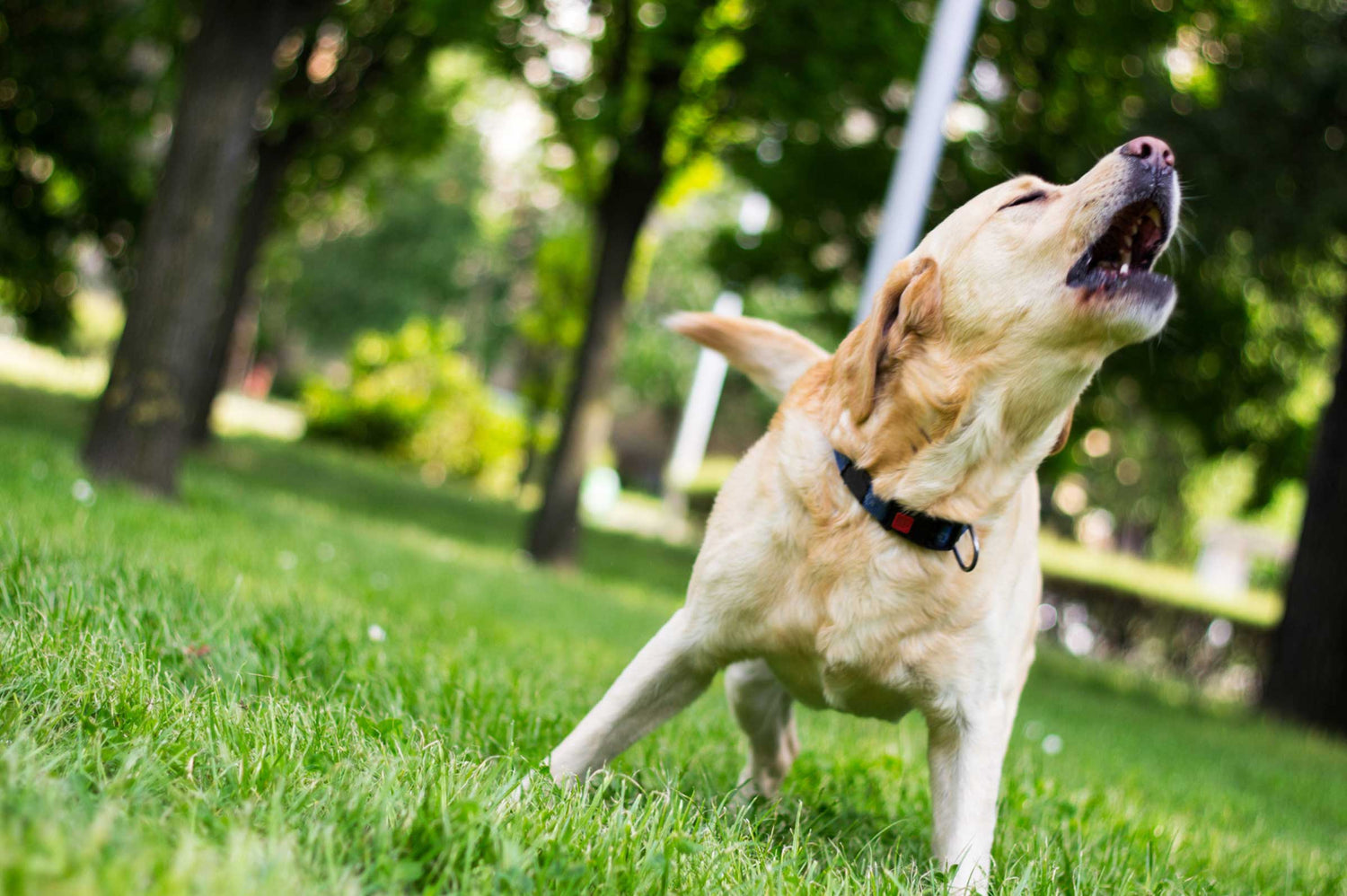Is your dog barking at everything that moves—or doesn’t move? Excessive barking can be a challenge, but with patience and the right techniques, you can help your dog become a quieter, more serene companion. Here’s how to tackle the issue effectively.
Understanding Why Dogs Bark
Before diving into solutions, it's important to understand why dogs bark. Common reasons include:
- Alert/Warning: Dogs often bark to alert their owners of potential danger or to ward off perceived threats.
- Attention-Seeking: Sometimes barking is a way to get your attention, especially if they’re bored or want something.
- Anxiety/Fear: Dogs may bark when they’re scared or anxious.
- Boredom/Loneliness: If your dog is left alone for long periods, barking can be a sign of boredom or loneliness.
- Playfulness/Excitement: Dogs often bark when they’re excited during playtime.
Steps to Reduce Excessive Barking
Identify the Cause
Observe when and why your dog barks. Is it triggered by specific sounds, sights, or situations? Understanding the cause is the first step in addressing the problem.
Training and Commands
Teach the “Quiet” Command: When your dog starts barking, calmly say “Quiet” in a firm but gentle voice. Wait until they stop barking, even if it’s just for a moment, and then reward them with a treat. Consistency is key.
Desensitization
Gradually expose your dog to the stimuli that cause them to bark. Start with low levels of exposure and reward calm behavior. Over time, increase the exposure while continuing to reward quiet behavior.
Provide Adequate Exercise and Mental Stimulation
Dogs that are tired and mentally stimulated are less likely to bark out of boredom. Ensure your dog gets enough physical exercise and engage them in activities that challenge their mind, such as puzzle toys or training sessions.
Create a Calm Environment
If your dog barks at outside noises, create a calm environment by closing curtains, using white noise machines, or playing calming music to muffle the sounds.
Manage Your Dog’s Surroundings
If your dog barks at people passing by the window, try blocking their view. You can use frosted window film, blinds, or curtains to reduce visual stimulation.
Avoid Reinforcing the Barking
Never yell at your dog to stop barking. This can actually encourage more barking, as your dog may think you’re joining in. Instead, remain calm and wait for a moment of silence to reward.
Positive Reinforcement
Always reward your dog when they’re calm and quiet. Use treats, praise, or playtime as rewards to reinforce the desired behavior.
Professional Help
If your dog’s barking persists despite your best efforts, consider seeking help from a professional dog trainer or behaviorist. They can provide tailored advice and techniques specific to your dog’s needs.
Conclusion
Dealing with a barking dog can be frustrating, but remember that patience and consistency are crucial. By understanding the reasons behind your dog’s barking and implementing these strategies, you can help your dog become quieter and more relaxed. A well-trained dog is not only more enjoyable to be around but also leads to a more harmonious living environment for both of you. And, always maintain your pet’s health and nutrition with proper food and quality supplements, like veterinary-strength supplements from VetSmart Formulas.











